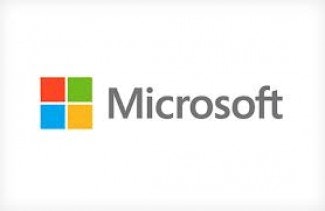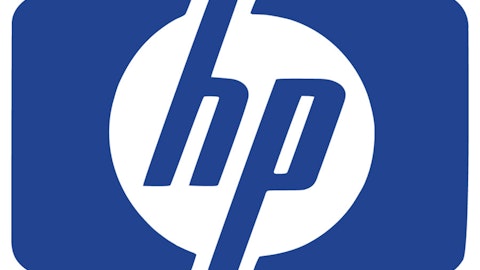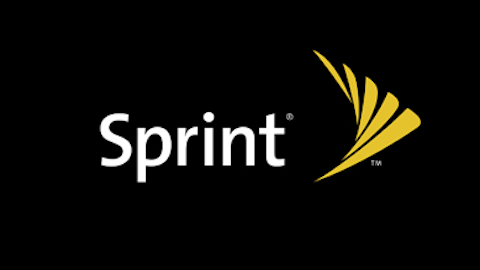In a market that had been fairly solidly a duopoly that pitted Apple Inc. (NASDAQ:AAPL)‘s iOS against Google Inc (NASDAQ:GOOG)‘s Android, Microsoft Corporation (NASDAQ:MSFT) is subtly making significant inroads. Much of the company’s success has been driven by a comprehensive global strategy that is taking aim at the lower end of the smartphone market, a segment that is so totally dominated by Android at present that it has forced Apple to consider producing a cheap iPhone. Not only does Microsoft Corporation (NASDAQ:MSFT) continue to see new lower-end smartphones like the Nokia Corporation (ADR) (NYSE:NOK) Lumia 620 receive very positive reviews, the company recently partnered up with Huawei to start selling Windows Phones in Africa.
The final part of the puzzle is that for as well as the new Z10 from Research In Motion Ltd (NASDAQ:BBRY) was received, when large, enterprise customers like The Home Depot, Inc. (NYSE:HD) very publically drop BlackBerrys for iPhones, Microsoft Corporation (NASDAQ:MSFT) is the real winner. Certainly Apple enjoys the recognition, but the 10,000 devices involved in the switch are more harmful to BlackBerry’s bid for the No. 3 spot than beneficial for Apple. Microsoft and Nokia have collectively been fighting for the third spot, and with BlackBerry taking body blows, Windows phones can focus on the future. Ultimately, Microsoft is building steam and should be a part of your portfolio.

The Lumia 620 and emerging markets
Emerging markets represent the fastest-growing segment of the smartphone market around. To put this in perspective, where the global growth rate for smartphones has been estimated at 46%, in emerging markets, that number spikes to 63%. It is within this arena that Google has made so much of its recent progress, allowing it to command 68.3% of the global smartphone market.
The recent review of the Nokia Lumia 620 by Engadget is highly positive on the phone, particularly relative to Android: “[I]t’s arguably more attractive than most Google-powered phones around the same price point and could prove to be a huge hit among smartphone beginners.” The review also remarks that the “Lumia 620 represents a new high-watermark for entry-level smartphones, regardless of OS.” Priced at roughly $236, the phone is not the least expensive option, but it is offered at a price point that should allow Nokia and Microsoft Corporation (NASDAQ:MSFT) to gain serious traction.
Home Depot and BlackBerry
While our mothers taught us not to take pleasure in the misfortune of others, the recent announcement that Home Depot was dropping BlackBerry should be seen as a positive for Nokia and Microsoft. The battle for third in the smartphone wars has been a critical rebound story, meaning a blow to BlackBerry helps Nokia. Apple, which will be receiving the business of the store, district managers, and corporate managers at the world’s fifth-largest retailer, is the apparent beneficiary of the move, but for a company that sold nearly 50 million iPhones last quarter, another 10,000 is not news. At the end of the day, if BlackBerry fails, Windows Phones can take more direct aim at Apple and Google.
Microsoft in Africa
In a further, and potentially important, move into emerging markets — in part because it does not include Nokia — Microsoft recently announced that it will be partnering with Chinese manufacturer Huawei to bring a low-cost Windows Phone to Africa. The device, to be called the Huawei 4Afrika Windows Phone, will initially be sold in seven countries and cost $150. While this is lower in cost than the Lumia 620, the features included in the new smartphone will be limited relative to the Nokia option. Furthermore, Nokia is expected to release a device in the region shortly.
Africa is considered the fastest-growing region in the world, having maintained a 43% growth rate in smartphone use since 2000. In a recent News York Times piece, Kevin O’Brien writes: “The World Bank says that roughly a quarter of the one billion people on the continent are middle-class wage earners, the target group that Microsoft will try to reach with the Huawei phone.” Microsoft, which is scrambling to establish a meaningful market share in smartphones, is taking a very sound approach, hitting every price point in the smartphone market with a solid product offering.
A balanced approach
Smartphones are a critical arena for Microsoft if it is to return to even a measure of its past glory. Thus far, the company has proceeded aggressively, but with a targeted approach that shows promise. The current flagship Windows Phone — the Lumia 920 — is designed to compete with the iPhone and top Android options, but the real genius of Microsoft’s approach is in the emerging markets. With solid products, like the Lumia 620, and the company’s presence in important markets like Africa, Microsoft is quietly making progress. Given these advances, the stock belongs in your portfolio.
The article Microsoft: A Quiet Force in the Smartphone Wars originally appeared on Fool.com and is written by Doug Ehrman.
Fool contributor Doug Ehrman has no position in any stocks mentioned. The Motley Fool recommends Apple, Google, and Home Depot. The Motley Fool owns shares of Apple, Google, and Microsoft.
Copyright © 1995 – 2013 The Motley Fool, LLC. All rights reserved. The Motley Fool has a disclosure policy.





